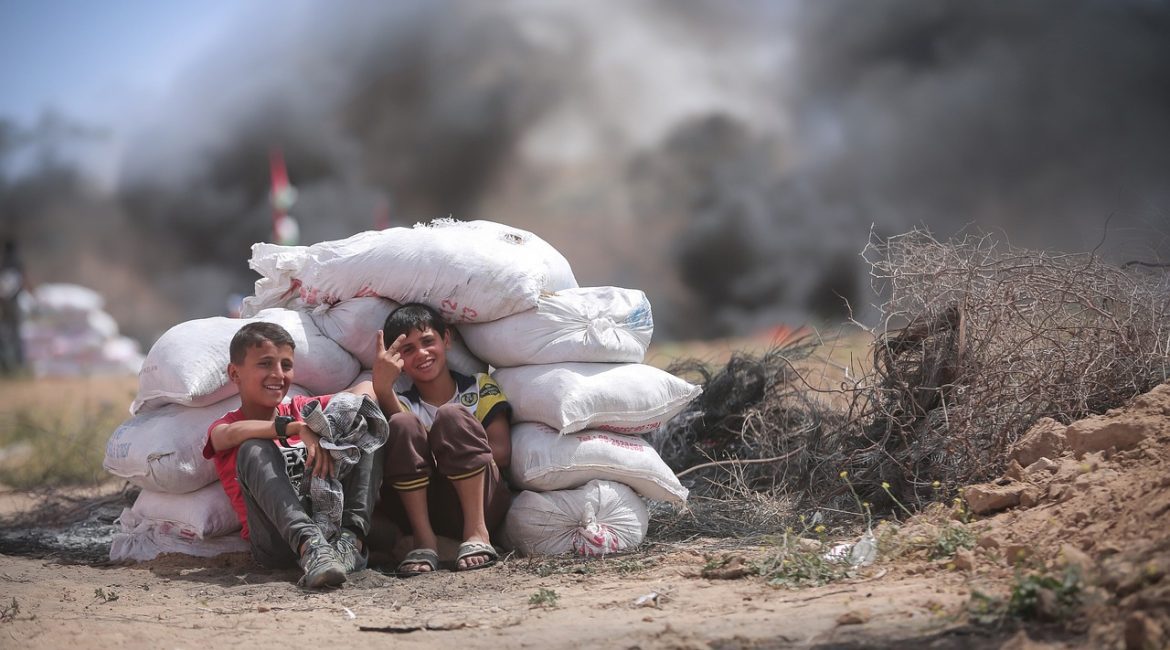According to a statement of the United Nations Office for the Coordination of Humanitarian Operations (OCHA), the United Nations estimate the humanitarian needs in the Gaza Strip and the West Bank at $1.2 billion until the end of 2023. The office explained that “the cost to meet the needs of 2.7 million people, namely the entire population of Gaza and 500,000 people in the occupied West Bank, is estimated at 1.2 billion dollars,” adding that the appeal to collect funds launched previously is completely insufficient.
The office is scheduled to reveal the details of its revised appeal to donors, which will include details regarding “needs for food, water, health care, shelter, hygiene and other urgent priorities in the wake of the massive bombing of the Gaza Strip.
In addition to “adequate funding,” the office stressed the need for “safe and sustainable access to all those in need wherever they are, and providing an adequate flow of humanitarian supplies and, above all, fuel.”
Israel prevents the entry of fuel into the Gaza Strip, believing that it is a high-risk product that can be diverted for military purposes.
The statement added: “The work of the private sector and non-governmental organizations will also depend on the protection and guarantees provided by the parties to the conflict and, in this respect, opening Israeli crossing points will be essential.”
The humanitarian situation in the Gaza Strip, which has been subject to a total siege since October 9, is alarming, as residents are deprived of water, food, and electricity supplies. The region has been subjected to continuous Israeli bombing since Hamas launched its attack, which killed about 1,400 people in Israel.
According to Hamas health authorities, more than 9,000 people were killed in the Gaza Strip, including 3,760 children.
The United Nations High Commissioner for Human Rights said that it was “very concerned” about the expulsion of thousands of Palestinian workers from Israel to the Gaza Strip and stressed that those workers who were in Israel when the Hamas movement launched an unprecedented attack inside the territories of the Hebrew states “are being expelled despite the seriousness of the situation” in the Gaza Strip.
Recently, United Nations Secretary-General Antonio Guterres expressed his horror at the Israeli attack on a convoy of ambulances outside Al-Shifa Hospital in the Gaza Strip. He stated that, for about a month, civilians in Gaza, including children and women, are still besieged, deprived of aid, killed and forced to leave their homes as a result of bombing.
Guterres described the humanitarian situation in Gaza as "horrific", saying that the food, water, and medicine arriving are hardly sufficient for people's needs, and that the fuel needed to operate hospitals and water stations is running out.
Guterres renewed his call for a ceasefire in Gaza for humanitarian reasons, saying that “supplies, basic services and humanitarian aid must be allowed to enter safely and without obstruction." He also stressed the need for all influential people to exercise pressure in order to “ensure respect for the rules of war and avoid the extension of the conflict, which may spread to the entire region.”

